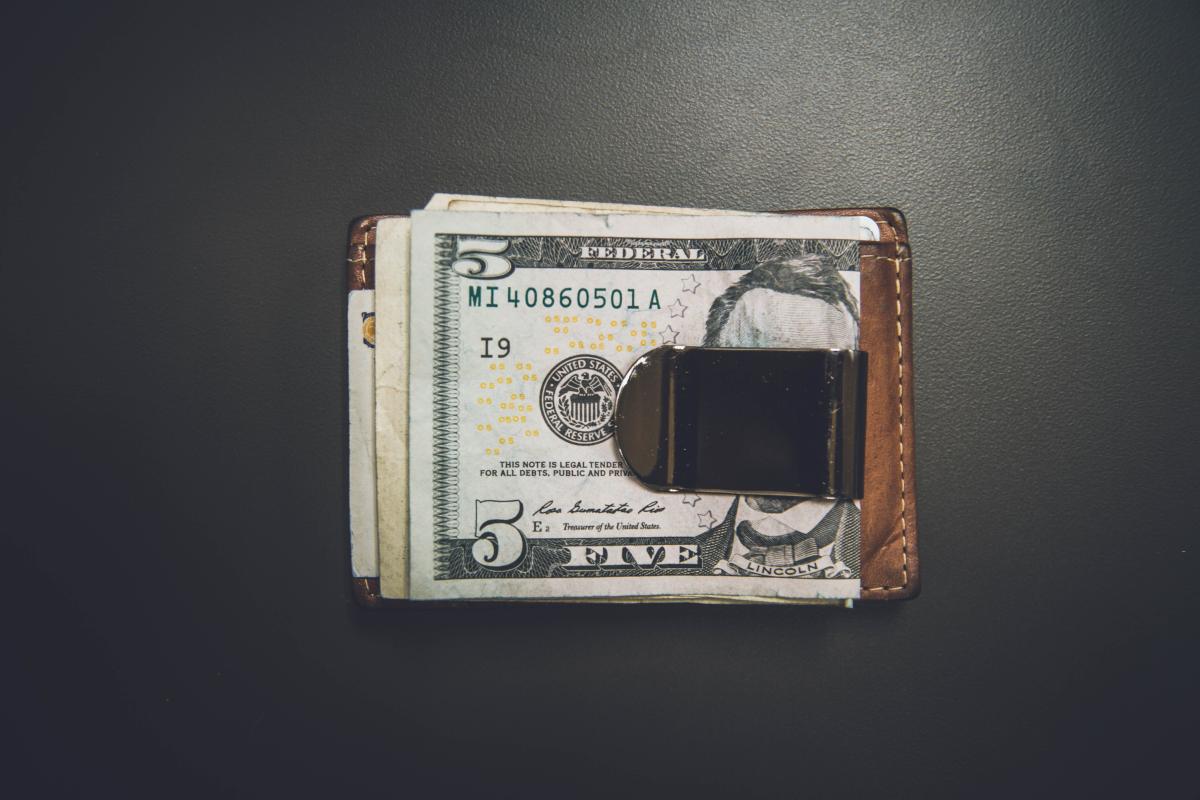Brands that mess up in the US must understand the American public to regain trust, advises Allyson Stewart-Allen
What common factor do Barclays, WPP, BP, RBS, NewsCorp and Costa Cruises share? They’re all under the spotlight by US shareholders for brand damage as a result of misjudged bonus increases, lapses in ethics or operational bungles which lost them the trust they invested heavily to earn in America.
Two leading British banks, Barclays and RBS, each awarded significant payouts to their executives despite calls not to by American institutional investors. Both Bob Diamond at Barclays and Fred Goodwin, formerly of RBS, had significant US operations under their purview yet seemed deaf to the costs to their brands in one of the world’s largest financial services markets.
The Occupy Wall Street movement, which triggered copycat sit-ins in London and other leading financial centres, should have sent signals that this new form of grass-roots consumer activism is not just temporary grit in the oyster but a more permanent reflection of the assertion by American consumers of their right to choose listed brands.
American owners of WPP stock are now less enamoured with the business’s remuneration committee proposal that Sir Martin Sorrell enjoy a 500% of salary maximum bonus payout from only 300% in times of austerity for its American clients and consumers.
Others with European operations affecting their American operation are News Corporation, whose leaders Rupert and James Murdoch have appeared before Parliament and a governmentbacked enquiry. During this time, NewsCorp’s headquarters in New York City has had protesters in front of its doors 24/7 while the company aims to explain to American institutional investors and customers its ethical standards and allegations of phone hacking and police bribery in Britain.
Then, of course, there’s the Costa Concordia cruise disaster, after which European executives incompetently explained the sinking off the Italian coast of the vessel, owned by the world’s largest cruise line, American brand Carnival (ironically named, given the circus surrounding its media management).
And we all know the story of Mr Hayward wanting his life back two years ago, while Gulf coast shrimpers wondered when their livelihoods would return too.
What all these examples share is the significant loss of trust from their American investors and customers as a result of not understanding the 56 Market Leader Quarter 3, 2012 context, culture and communications needed to save their sinking reputations. According to the Edelman Trust Barometer 2012, an annual study from this PR firm examining levels of trust in companies and industries by geographic market, there’s a lot of ground to make up by these European companies there. When asked ‘how much do you trust business to do what is right?’, only 50% of the American respondents gave their trust.
So what are the implications for Europe-based Messrs Murdoch, Diamond, Sorrell, Hester, Hayward and Foschi to regain trust from US consumers and shareholders?
- Communicate the ‘how’: have your leaders volunteer information about how decisions are made – the rationales that incorporate the views and values of those constituencies, assuming you’ve tested those rationales first to find the connections (if there aren’t any, you’d better find some).
- Identify the ‘who’: fielding top executives to rebuild trust is a must for customers, staff, investors, media and all the other stakeholders. First, though, make sure these leaders have the agility and cultural awareness to deliver their messages the American way (we want emotion, hand-wringing, even tears, rather than the stoic Anglo-Saxon approach).
- Show us the ‘what’: demonstrate action that plays to Americans’ preference for ‘ready/ fire/aim’ approaches, rather than fence-sitting deliberation. Show your plan for regaining their trust, what contingency plans you’ve put in place, how you’ll implement the plan and how you will engage them.
- Be clear about the ‘where’: decide which online and offline media you will use to keep these US publics informed about and aligned with your plan of activities. Which of your ecosystem partners are included in your communication? Which have credibility in the US that add to your message, and which detract?
While American trust is no different from British, Italian, French or Japanese trust, how you go about rebuilding it does depend on understanding the place. Doing your homework on what works well there pays huge dividends, as many international brands in the US have learned the hard way.
This article featured in Market Leader, July 2012.
Allyson Stewart-Allen is director of International Marketing Partners London
